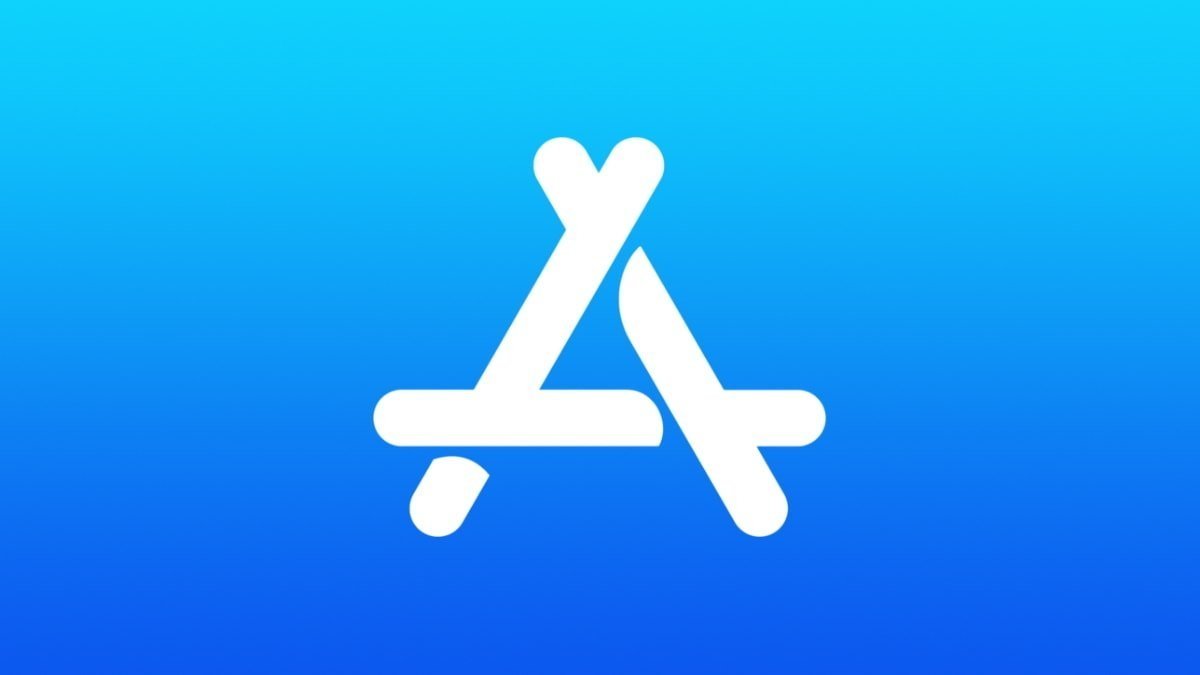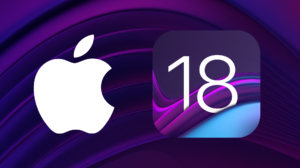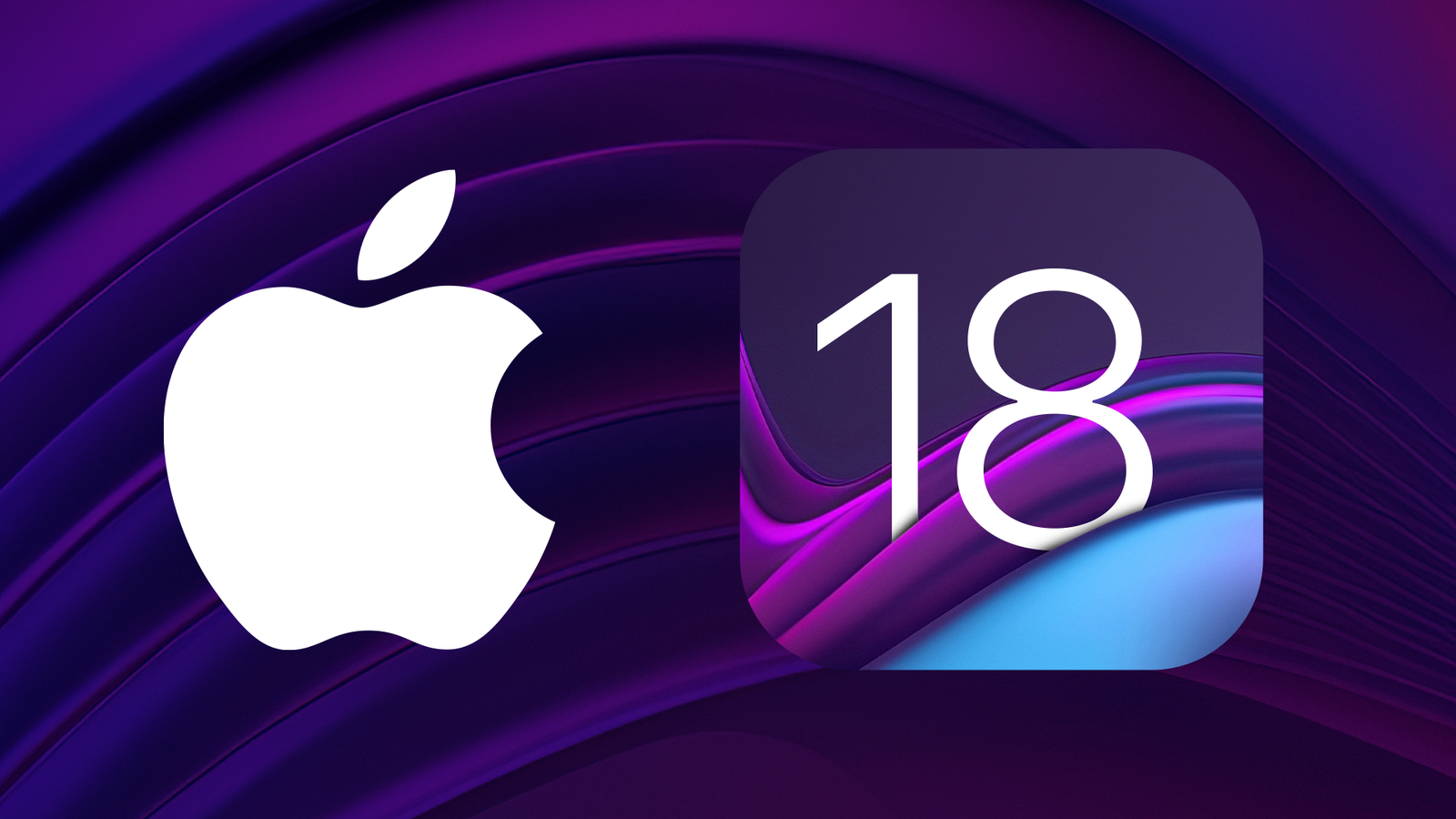In a significant shift, Apple has announced changes that will allow developers to distribute their apps directly to users in the European Union (EU) from their websites, bypassing the traditional App Store route. This move comes in response to the EU’s Digital Markets Act (DMA), aimed at promoting fair competition and choice for consumers and developers alike.
Key Highlights:
- Apple’s new policy enables developers to offer alternative app stores and opt-out of Apple’s in-app payment system, potentially reducing costs.
- Developers must still submit apps for review to ensure cybersecurity and fraud protection, with a “core technology fee” applied even outside Apple’s payment services.
- The changes, criticized by some as insufficient, represent a significant shift in Apple’s approach towards app distribution, influenced by legal and regulatory pressures.
- In the EU, developers can use third-party payment processors in their App Store apps without a charge, and Apple will allow EU iPhone users to choose default web browsers and contactless payment apps.
- A core technology fee of €0.50 per user account per year will be charged, exempting the first 1 million accounts and not applying to nonprofits, schools, or governments.
Understanding the Changes
Apple’s decision is part of a broader response to the EU’s DMA, mandating greater interoperability and choice for users and developers. Here’s a closer look at the implications and requirements:
Alternative App Marketplaces
Developers can now build and distribute alternative marketplace apps in the EU, allowing for direct installation of software on devices. However, operating such a marketplace comes with responsibilities like content moderation, anti-fraud measures, and transparent data policies. Apple will grant authorization to marketplace developers through the Alternative App Marketplace Entitlement (EU) after meeting specific criteria.
Notarization and Security
All apps, regardless of the distribution channel, must undergo a notarization process focusing on security, privacy, and integrity. This process includes a combination of automated checks and human review to ensure apps are safe and function as advertised.
New User Experience
With iOS 17.4, a new installation experience will be introduced, enabling users to authorize the installation of apps and alternative marketplaces more transparently. An installation sheet will display critical app information, enhancing user understanding and control.
Expanded Default App Controls
To comply with the DMA, Apple will offer users more control over their default app settings, including web browsers and contactless payment apps, further integrating choice into the iOS ecosystem.
Broader Implications for the App Ecosystem
- Increased Developer Autonomy: Developers can now enjoy greater freedom in how they distribute their apps. This could lead to innovation in app marketing and sales strategies, potentially benefiting smaller developers who can directly engage with their audiences.
- Impact on App Store Revenue: While Apple will still charge a core technology fee, the shift may impact the revenue it generates from the App Store. The extent of this impact will depend on how many developers choose to use alternative distribution methods and how Apple adjusts its fees and services in response.
This move by Apple represents a pivotal change in the app distribution landscape within the European Union, offering developers more flexibility and potentially reducing costs associated with app distribution and in-app payments. Despite criticisms from some corners regarding the extent of these changes, it’s clear that the EU’s regulatory environment is leading to significant shifts in the digital marketplace.



















